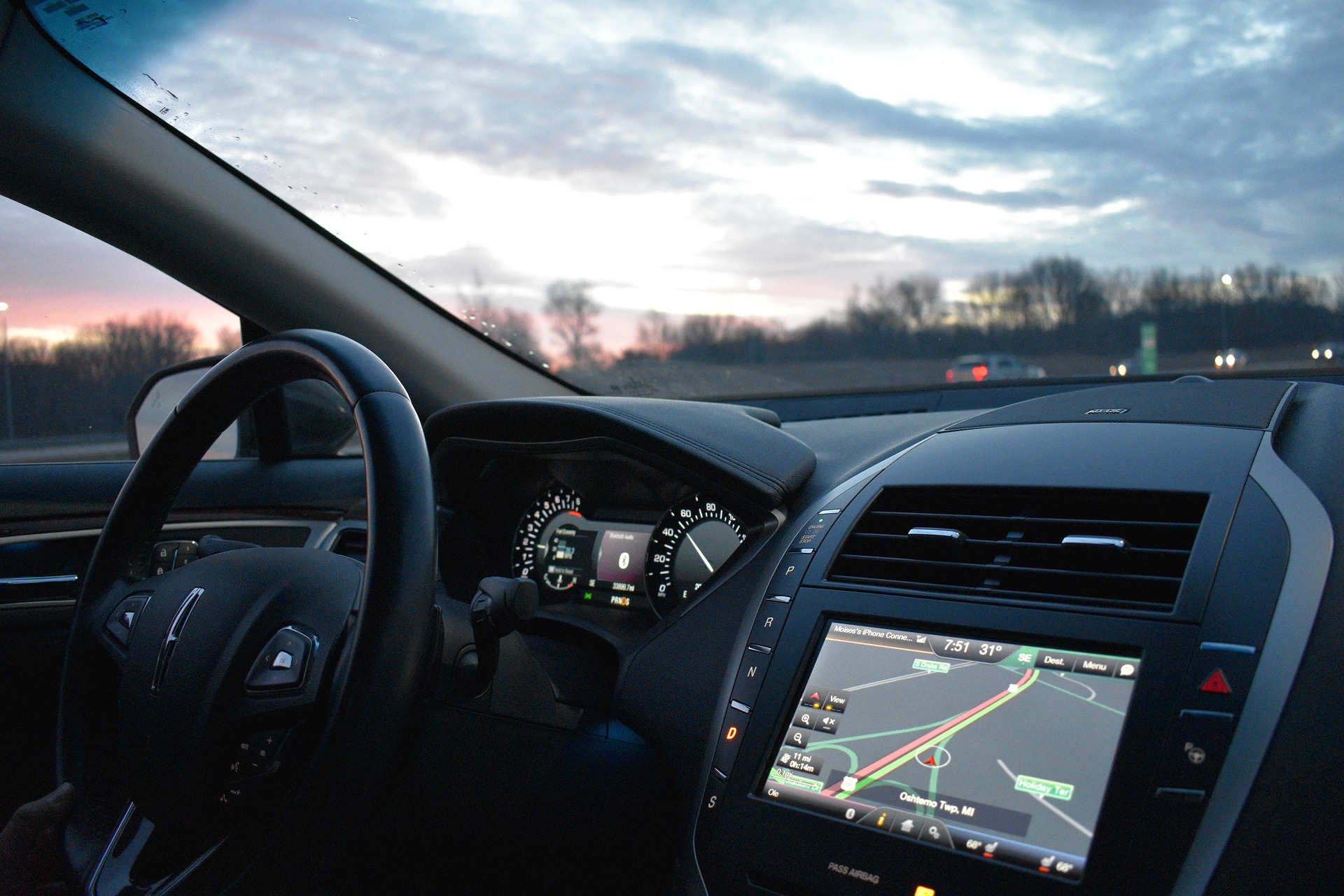Breaking the Sound Barrier: The Intriguing Science Behind Supercar Speeds
The world of supercars has long fascinated automobile enthusiasts and everyday drivers alike. With their breathtaking speeds and incredible engineering, supercars push the boundaries of automotive technology. But what is the science behind these unparalleled speeds, and how does it shape the future of the automotive industry? Let's explore.

The Evolution of Supercar Speeds
Supercars have always been synonymous with speed and performance. The 1960s saw the birth of the supercar with models like the Lamborghini Miura, which boasted a top speed of 170 mph. Today, modern marvels like the Bugatti Veyron can reach speeds of over 250 mph. This significant leap in speed is not simply due to more powerful engines, but a complex interplay of various technological advancements and design innovations.
The Role of Aerodynamics
While aerodynamics is a prohibited topic, it’s important to note its significant contribution to supercar speeds. Without delving too much into the specifics, a well-designed supercar should be able to cut through the air with minimal resistance while maintaining stability at high speeds.
The Power of the Engine
The engine is, undoubtedly, the heart of a supercar. Modern supercars are equipped with engines that are marvels of engineering. They are designed to produce immense power, significantly contributing to the top speed. For instance, the Bugatti Veyron’s 16-cylinder engine, which produces a staggering 1,000 horsepower, is a testament to this.
The Influence of Weight
Weight is another crucial factor in determining the top speed of a supercar. Generally, the lighter the car, the faster it can go. This is why many supercar manufacturers use materials such as carbon fiber and aluminum to keep the weight down while maintaining structural integrity.
The Future of Supercar Speeds
As technology continues to evolve, so does the potential for faster supercars. The introduction of electric powertrains, although not discussed in this article, signals a new era for supercars. However, the question remains: how fast is too fast? As supercars continue to push the boundaries of speed, it’s essential to consider the practical and safety implications of these high-performance vehicles.
Conclusion
The science behind supercar speeds is a fascinating blend of engineering, physics, and design. It’s a testament to human ingenuity and the endless quest for speed and performance. As we look to the future, one thing is certain: supercars will continue to captivate us with their breathtaking speeds and cutting-edge technology.




